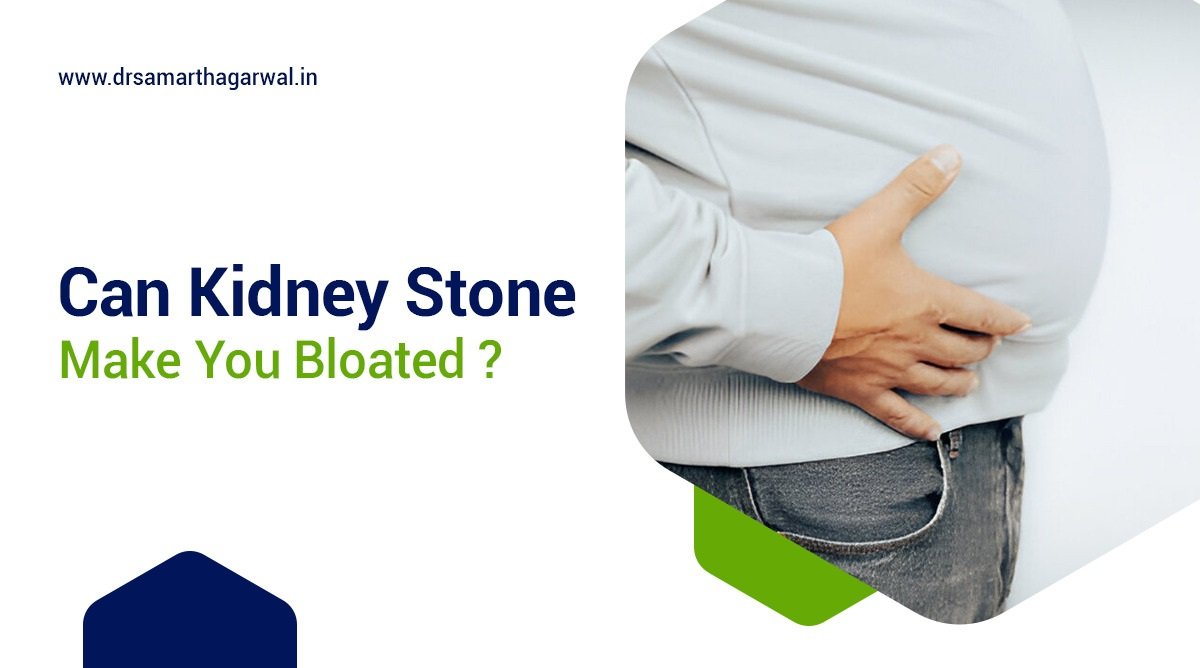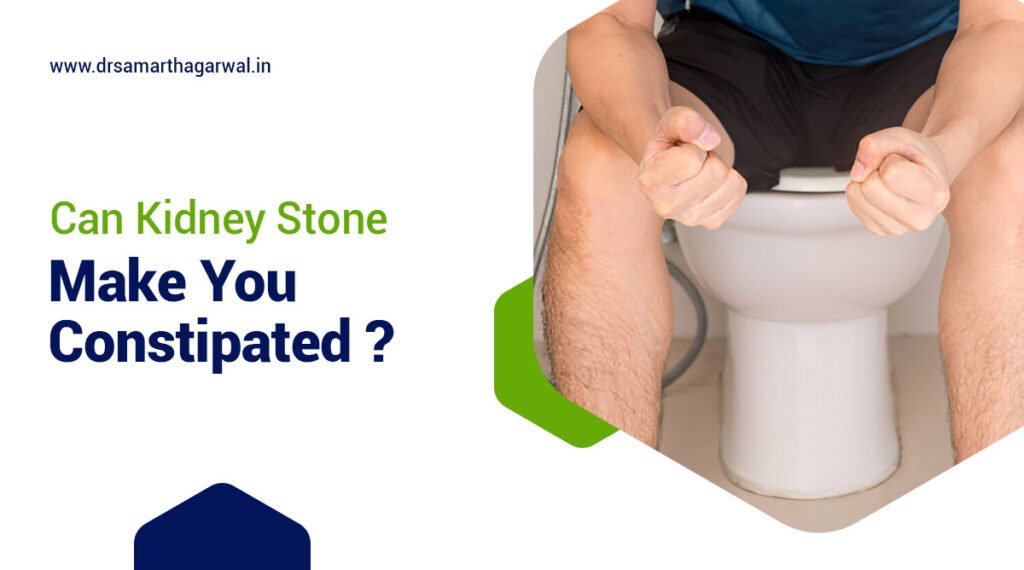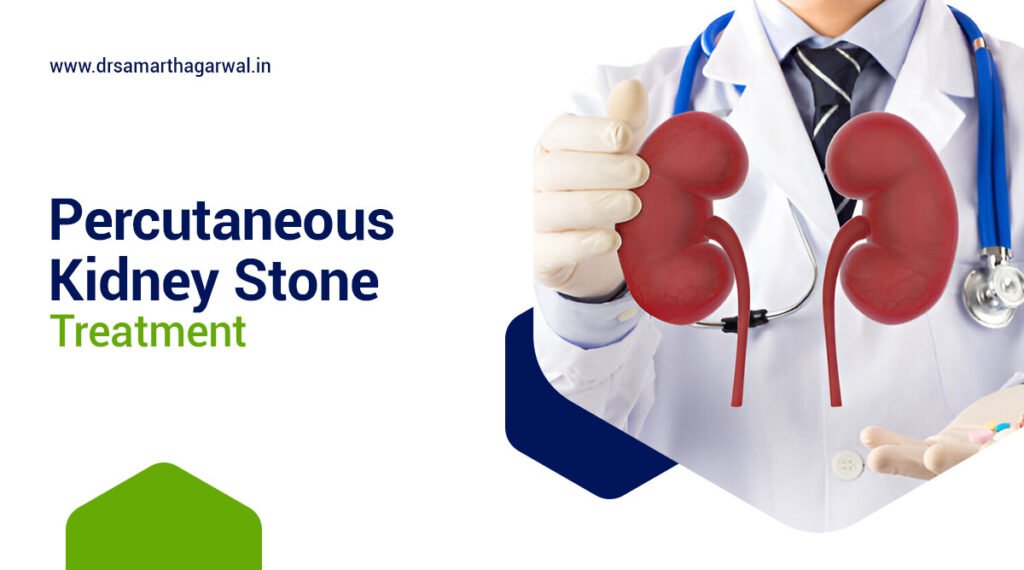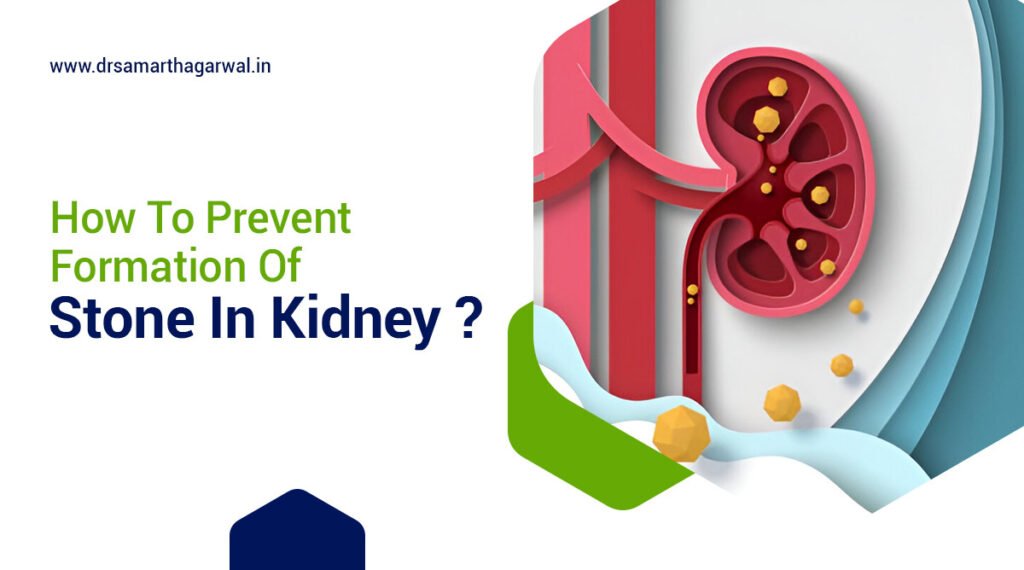Kidney stones are a common health issue that can lead to a variety of uncomfortable symptoms, including bloating. Understanding the relationship between kidney stones and gastrointestinal symptoms is crucial for effective management and treatment. This article explores the definition of kidney stones, their gastrointestinal implications, and how they can cause bloating, along with other related symptoms.
What is the Definition of kidney stones
Kidney stones are hard mineral and salt deposits that form in the kidneys, varying in size and potentially obstructing the urinary tract. They result from an imbalance in urine substances, leading to crystallization and causing significant pain when passing through the urinary tract. Untreated, they can block urine flow, cause kidney swelling, and lead to infections, impacting overall health and quality of life. Proper diagnosis and management are essential.
Overview of gastrointestinal symptoms associated with kidney stones
Gastrointestinal symptoms associated with kidney stones can vary widely among individuals. Common symptoms include nausea, vomiting, and abdominal pain, which may occur as the body reacts to the presence of stones in the urinary tract. These symptoms can be particularly distressing and may lead to further complications if not addressed promptly. The connection between kidney stones and gastrointestinal issues is often overlooked, yet it plays a significant role in the overall health of affected individuals.
Moreover, the pain caused by kidney stones can radiate to the abdomen, leading to discomfort that mimics other gastrointestinal problems. This overlap can make it challenging to distinguish between kidney stone-related symptoms and other digestive issues. As a result, individuals may experience bloating and other gastrointestinal disturbances, which can complicate the diagnosis and treatment of kidney stones. Understanding these symptoms is crucial for effective management and prevention of further complications.
According to Leslie, S. W., Sajjad, H., & Murphy, P. B. (n.d.). Renal calculi, nephrolithiasis study, High-risk factors for nephrolithiasis include gastrointestinal diseases and gastrointestinal bypass surgery, particularly Roux-en-Y. These conditions can significantly increase the likelihood of developing kidney stones.
Long-term Effects of Untreated Kidney Stones on Gastrointestinal Health
Untreated kidney stones can lead to significant long-term complications for gastrointestinal health, including chronic infections, ongoing pain, and a decreased quality of life.
List of Long-term Effects:
- Chronic obstruction of the urinary tract leading to recurrent infections
- Exacerbation of gastrointestinal symptoms such as bloating and discomfort
- Potential kidney damage from the persistent presence of stones
- Ongoing gastrointestinal issues, including chronic pain and digestive disturbances
- Decreased quality of life due to persistent symptoms
- Increased healthcare costs from the need for ongoing treatment and symptom management
- Importance of prompt treatment to prevent complications and maintain gastrointestinal health.
What is The Relationship Between Kidney Stones and Bloating?
The relationship between kidney stones and bloating is complex and multifaceted. Kidney stones can cause bloating due to the body’s response to pain and discomfort. When a stone obstructs the urinary tract, it can lead to increased pressure in the abdomen, resulting in a sensation of fullness or bloating. Additionally, the stress and anxiety associated with kidney stone pain may exacerbate gastrointestinal symptoms, including bloating.
Furthermore, the presence of kidney stones can disrupt normal urinary function, leading to changes in bowel habits and gastrointestinal motility. This disruption can contribute to feelings of bloating and discomfort in the abdomen. It is essential to recognize that while kidney stones may not directly cause bloating, the associated symptoms and complications can create a scenario where bloating becomes a common experience for those affected. Understanding this relationship is vital for effective treatment and management of symptoms.
What is the Mechanism Behind Kidney Stone-Induced Bloating?
The mechanism behind kidney stone-induced bloating involves several physiological responses. When a kidney stone obstructs the ureter, it can lead to increased pressure in the urinary tract, which may also affect the surrounding abdominal organs. This pressure can trigger a reflex response in the gastrointestinal tract, leading to symptoms such as bloating and discomfort. Additionally, the pain associated with kidney stones can cause muscle tension and spasms in the abdomen, further contributing to the sensation of bloating.
Moreover, the body’s stress response to pain can lead to changes in digestion and gastrointestinal motility. Stress hormones can alter the normal functioning of the digestive system, potentially causing delays in gastric emptying and contributing to feelings of fullness and bloating. This interplay between kidney stones and gastrointestinal function highlights the importance of addressing both urinary and digestive health in individuals experiencing symptoms related to kidney stones. Understanding these mechanisms can aid in developing effective treatment strategies.
Other Gastrointestinal Symptoms Associated with Kidney Stones
In addition to bloating, kidney stones can cause a range of gastrointestinal symptoms that may significantly impact an individual’s well-being. One of the most common symptoms is nausea, which can occur due to the body’s response to pain and discomfort. Nausea may be accompanied by vomiting, further complicating the situation and leading to dehydration if not managed properly. These symptoms can be distressing and may require medical intervention to alleviate discomfort.
Abdominal pain and discomfort are also prevalent among individuals with kidney stones. This pain can vary in intensity, often described as sharp or cramping, and may radiate to other areas of the abdomen. The presence of larger stones can exacerbate these symptoms, leading to more severe pain and increased gastrointestinal distress. Recognizing these symptoms is crucial for timely diagnosis and treatment, as they can significantly affect an individual’s quality of life and overall health.
Nausea and vomiting
Nausea and vomiting are common gastrointestinal symptoms associated with kidney stones. These symptoms often arise as a result of the body’s response to the intense pain caused by kidney stones. When a stone obstructs the urinary tract, it can trigger a cascade of physiological reactions, including nausea. This reaction is not only a response to pain but can also be influenced by the body’s stress response, which may further exacerbate feelings of nausea and lead to vomiting.
Moreover, the discomfort associated with kidney stones can disrupt normal digestive processes, contributing to gastrointestinal distress. Individuals experiencing nausea and vomiting may find it challenging to maintain proper hydration and nutrition, which can lead to further complications. It is essential for those suffering from these symptoms to seek medical attention to manage their condition effectively and prevent dehydration. Understanding the link between kidney stones and nausea is crucial for developing appropriate treatment strategies.
Abdominal pain and discomfort
Abdominal pain and discomfort are hallmark symptoms of kidney stones that can significantly impact an individual’s daily life. This pain often manifests as sharp, cramping sensations in the abdomen, which may vary in intensity depending on the size and location of the stone. Larger stones can cause more severe pain, leading to increased discomfort and potential complications. The pain may also radiate to the back or sides, making it challenging to pinpoint its exact origin.
In addition to the acute pain associated with kidney stones, individuals may experience ongoing discomfort that can affect their ability to eat, sleep, and engage in daily activities. This persistent discomfort can lead to anxiety and stress, further complicating the situation. Recognizing the signs of abdominal pain related to kidney stones is essential for timely intervention and treatment. Effective management of this pain is crucial for improving the quality of life for those affected by kidney stones.
Distinguishing Kidney Stone Bloating from Other Causes
Distinguishing kidney stone-induced bloating from other gastrointestinal causes can be challenging due to the overlap of symptoms. Bloating can result from various factors, including dietary choices, gastrointestinal disorders, and other medical conditions. However, when bloating is accompanied by severe pain, nausea, or changes in urinary habits, it may indicate the presence of kidney stones. Understanding these distinguishing features is crucial for accurate diagnosis and treatment.
Additionally, individuals should be aware of other signs that may suggest kidney stones, such as blood in the urine or difficulty urinating. These symptoms can help differentiate kidney stone-related bloating from other gastrointestinal issues. A thorough medical evaluation, including imaging studies and urine tests, is often necessary to confirm the presence of kidney stones and rule out other potential causes of bloating. Recognizing the unique characteristics of kidney stone symptoms is essential for effective management and treatment.
Diagnosis of Kidney Stones and Related Gastrointestinal Symptoms
The diagnosis of kidney stones typically involves a combination of medical history, physical examination, and diagnostic imaging. Healthcare providers often begin by assessing the patient’s symptoms, including any gastrointestinal issues such as bloating, nausea, or abdominal pain. A detailed medical history can provide valuable insights into potential risk factors for kidney stone formation, such as dietary habits and family history.
Diagnostic imaging, such as ultrasound or CT scans, is commonly used to visualize the presence of kidney stones and assess their size and location. Urinalysis may also be performed to detect the presence of blood or crystals in the urine, which can indicate kidney stones. A comprehensive approach to diagnosis is essential for determining the appropriate treatment plan and addressing any related gastrointestinal symptoms effectively. Early diagnosis can help prevent complications and improve overall health outcomes.
Treatment Options for Kidney Stone-Induced Bloating
Treatment for kidney stone-induced bloating focuses on addressing the underlying causes of the symptoms, with an emphasis on pain management and hydration.
Key Treatment Options:
- Pain Management:
- Use over-the-counter pain relievers or prescription medications to alleviate severe discomfort.
- Hydration:
- Increase fluid intake to help flush out kidney stones and reduce bloating.
- Medical Procedures:
- Lithotripsy: A procedure that uses sound waves to break up larger stones.
- Ureteroscopy: Involves the use of a thin tube to directly remove stones from the urinary tract.
By addressing the underlying kidney stones, individuals can experience significant improvement in gastrointestinal symptoms, including bloating. A comprehensive treatment plan should be tailored to each individual’s needs for effective management of both kidney stones and associated symptoms.
Prevention of Kidney Stones and Associated Bloating
Preventing kidney stones is crucial for minimizing the risk of associated bloating and gastrointestinal symptoms. Effective strategies include maintaining proper hydration and making dietary modifications.
Key Prevention Strategies:
- Stay Hydrated: Drink plenty of fluids, especially water, to dilute urine and reduce stone-forming substances.
- Modify Diet:
- Reduce intake of oxalate-rich foods (e.g., spinach, nuts).
- Limit consumption of salt and animal proteins.
- Incorporate a balanced diet rich in fruits, vegetables, and whole grains.
- Regular Physical Activity: Engage in regular exercise to promote overall health and maintain a healthy weight.
By adopting these preventive measures, individuals can significantly lower their risk of developing kidney stones and the associated gastrointestinal symptoms.
When to Seek Medical Attention
It’s essential to seek medical attention if you experience symptoms of kidney stones, especially when accompanied by gastrointestinal distress. Signs that require immediate evaluation include:
- Severe abdominal pain
- Persistent nausea and vomiting
- Difficulty urinating
- Blood in urine
- Fever and chills
These symptoms may indicate complications such as infection or obstruction. Early intervention can prevent further complications and improve health outcomes. Suppose you have a history of kidney stones or are at risk. In that case, regular check-ups with a healthcare provider, such as Dr. Samarth Agarwal in Siliguri, can help monitor your condition and address emerging symptoms. Being proactive about your health is crucial for effectively managing kidney stones and their associated gastrointestinal symptoms.

Contact Dr. Samarth Agarwal if you have any questions or concerns about kidney stones! Meet the top Urologist in Siliguri.







